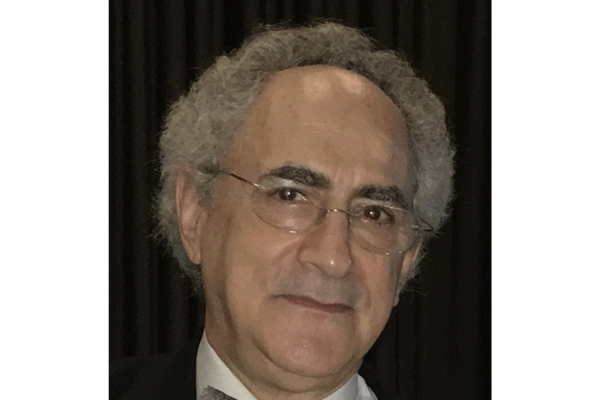
THIS EVENT HAS BEEN MOVED TO THOMPSON LIBRARY 1120
The East Asian Studies Center and Mershon Center for International Security Studies present:
"The War for Chinese Talent in America"
David Zweig
Hong Kong University of Science and Technology (Emeritus), National Tsinghua University
Abstract: In the mid-1990s, China’s hope for a “reverse brain drain” of overseas scientists, academics, and entrepreneurs stalled. So, in 2001, Jiang Zemin introduced China’s ‘Diaspora Option,’ to encourage PRC-born Chinese living abroad to “serve the country” without “returning to the country.” Through a multipronged array of programs organized by government ministries and the CCP, these former citizens have transferred their knowledge back home, some to repay or strengthen their former homeland, others from self-interest. In 2018, the Trump Administration declared war on China’s efforts to access this information through the “China Initiative.” Hundreds of Chinese were investigated, their research was disrupted, and more than 100 were fired. Yet almost none were found guilty of espionage or theft of intellectual property. This seminar documents China’s “over-the-top” effort to gain the help of these talented Chinese, as well as the US government’s harsh effort to disrupt the transfer of US technology to China. It tells the stories of unknown victims of that campaign. It also highlights the harm this war has brought to Sino-American scientific collaboration. Lunch will be provided to attendees, so RSVP is required by 1/10
David Zweig (Ph.D., The University of Michigan, 1983) is Professor Emeritus, The Hong Kong University of Science and Technology, Distinguished Visiting Professor of Taipei School of Economics and Political Science, National Tsinghua University, Taiwan, and Vice-President of the Center for China and Globalization (Beijing). He was a Postdoctoral Fellow at Harvard in 1984-85, and received the Humanities and Social Sciences Prestigious Fellowship, Research Grants Council, Hong Kong, 2013-14. For 15 years, he directed the Center on China’s Transnational Relations at HKUST. He has surveyed hundreds of Chinese who returned home and many who remain abroad. In 2012, he briefed Li Yuanchao, Director of the Organization Department of the CCP, about why his 1000 Talents Plan was struggling. He was an expert witness in the defense of two Chinese professors under the Trump Administration’s “China Initiative.” He has authored or edited ten books, including Internationalizing China and China’s Brain Drain to the U.S. (Routledge). Over 40,000 students have taken his two online classes with COURSERA on domestic Chinese Politics and on China and the World. This talk is based on his new book, The War for Chinese Talent in America: The politics of technology and knowledge in Sino-U.S. relations which was published in the Asia Shorts Series of the Association of Asian Studies and is distributed by Columbia University Press.
